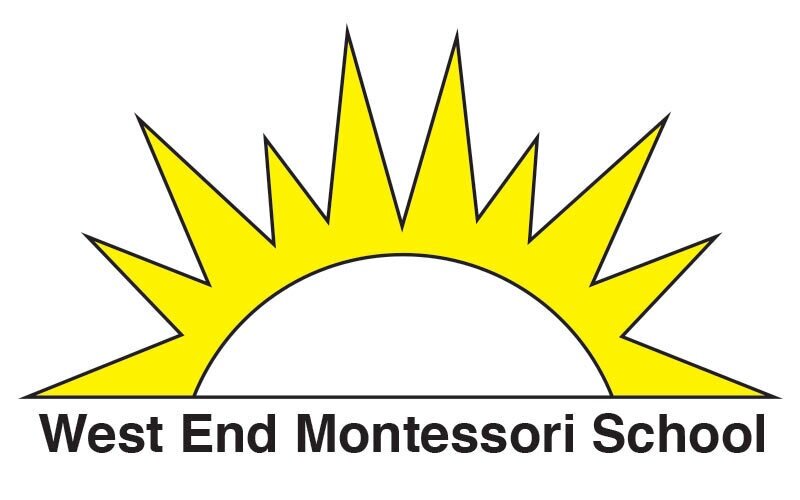Elementary Classroom
“The elementary child has reached a new level of development. Before, he was interested in things: working with his hands, learning their names. Now he is interested mainly in the how and why, the problem of cause and effect.”
Elementary Classroom Curriculum
Our Lower and Upper Elementary Program provides for a smooth transition from the Early Childhood Program. Students expand their knowledge in a wide range of academic subjects; building on the skills and social abilities that they developed in the early childhood classroom. Critical thinking, problem solving and research skills are emphasized. Interests now soar into all areas of learning, and our classroom reflects this exciting new stage of development.
In keeping with the Montessori philosophy, subjects are offered in an integrated way and the children come to understand how everything they learn is interrelated. Children keep on working at their own pace. Emphasis is placed on developing strong work habits and responsibility for completing assignments to the best of their ability.
The curriculum covers a comprehensive range of interests and abilities in order to facilitate children of diverse learning styles. The environment is carefully structured for challenges and success at all levels. The teachers use a child's curiosity, imagination and development of social skills as natural motivators for learning.
The multi-age classroom continues to provide a sense of stability for the children. Younger children are stimulated by the work that their older classmates do, while older children have an opportunity to develop strong leadership skills within the group.
Learning at the elementary level is still based on the use of concrete materials. Children learn through experience and discovery. Gradually, as they work their way through the curriculum, they develop abstract concepts and begin to work more with pen and paper.
The elementary Montessori curriculum lays the foundation for further growth and understanding. The child moves from a carefully structured environment to one that they construct for themselves using the base of concrete understanding that they have developed between the ages of 6 to 12 years.
Featured
Alliteration Play with Brainstorming Bella and her Fabulous Friends
Sail with Brainstorming Bella and her Fabulous Friends as they steer our sieve to the land of alliteration. Bella, a bold Buttons & Figs fan, begged and beguiled her classmates at the West End Montessori school in Richmond, Virginia into hosting this episode of alliterative fun. You’ll get to hear them define alliteration, play with alliteration and challenge you to write your own alliteration too.

